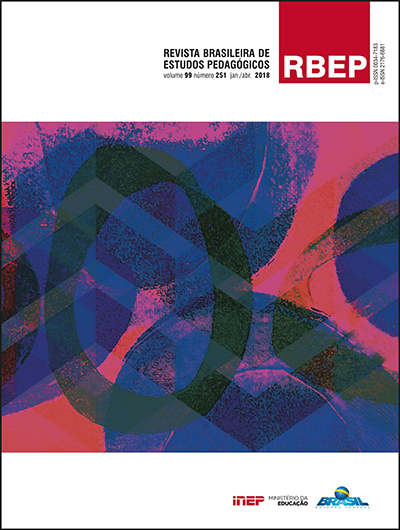Democratization and access to higher education through the Law 12.711/12: Londrina’s campus of the Federal University of Technology of Paraná (Universidade Tecnológica Federal do Paraná)
Abstract
This paper analyzes the admittance of students in Paraná’s Federal University of Technology (Universidade Tecnológica Federal do Paraná) courses, Londrina’s Campus, in 2015, based on the changes introduced by the Quota Law (Federal Law 12.711/12). This law forced federal institutions of higher and technical education to set aside places for public school, low-income, and self-declared black, brown or indigenous students, which is a compensatory measure due to the effects of social privileges and inequalities in the access conditions to higher education. The procedure employed to assign spots in the aforementioned institution is investigated, in order to identify to what extent the affirmative actions have fulfilled its purpose. Students' admittance scores were collected, seeking their statistical measures of centrality, comparing quota and non-quota students, and the different courses. Furthermore, it analyzes the relation between the spot reservation and its assignment in the four quota categories and the non-quota students group. It is also observed that a course’s prestige is relevant to raise the students' admittance score medians and that the low-income quota category imposed obstacles to the assignment of spots.
Downloads
Once their work is accepted for publication, author’s copyrights are automatically relinquished to the National Institute for Educational Studies and Research Anísio Teixeira (Inep).
Since 2016, the journal Revista Brasileira de Estudos Pedagógicos (RBEP) uses the licence CC-BY.
Partial or total reproduction of the content of this Journal is permitted provided that the original publication is properly referenced, as well as a link to license CC BY 4.0 and to indicate any possible alterations made to the article.




















